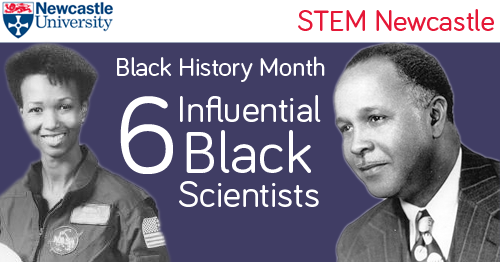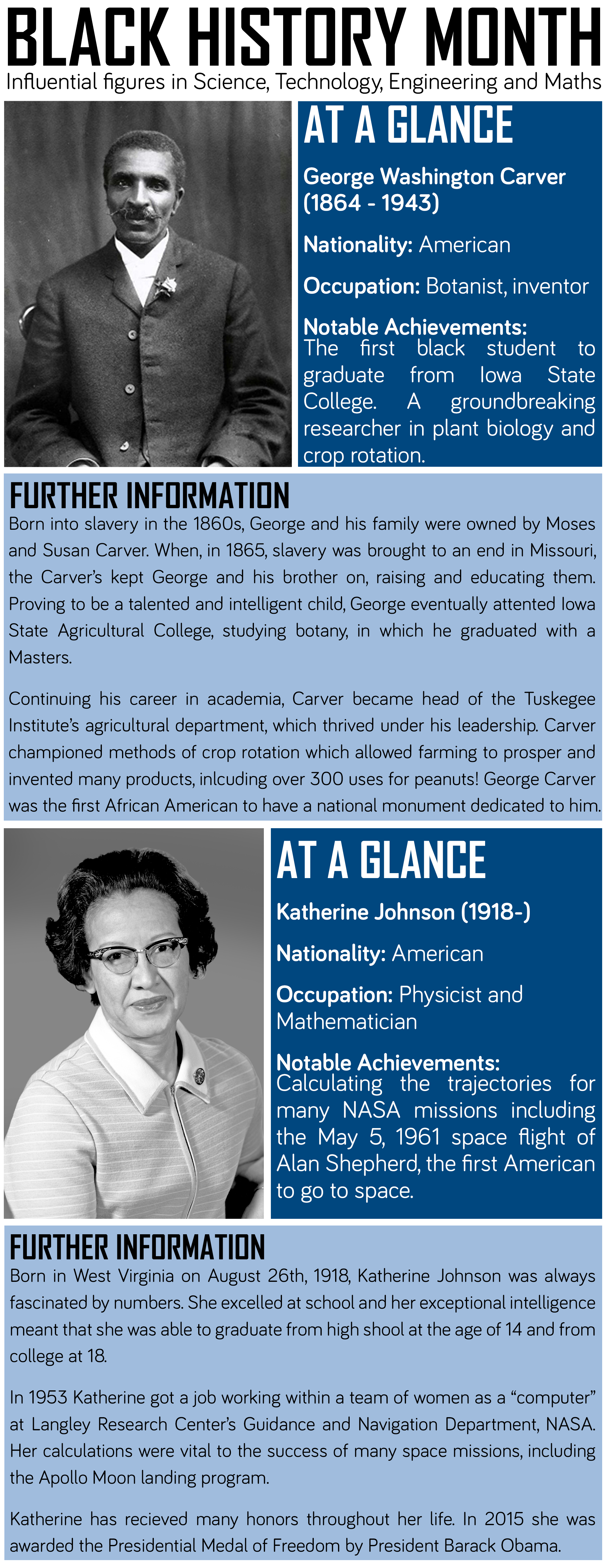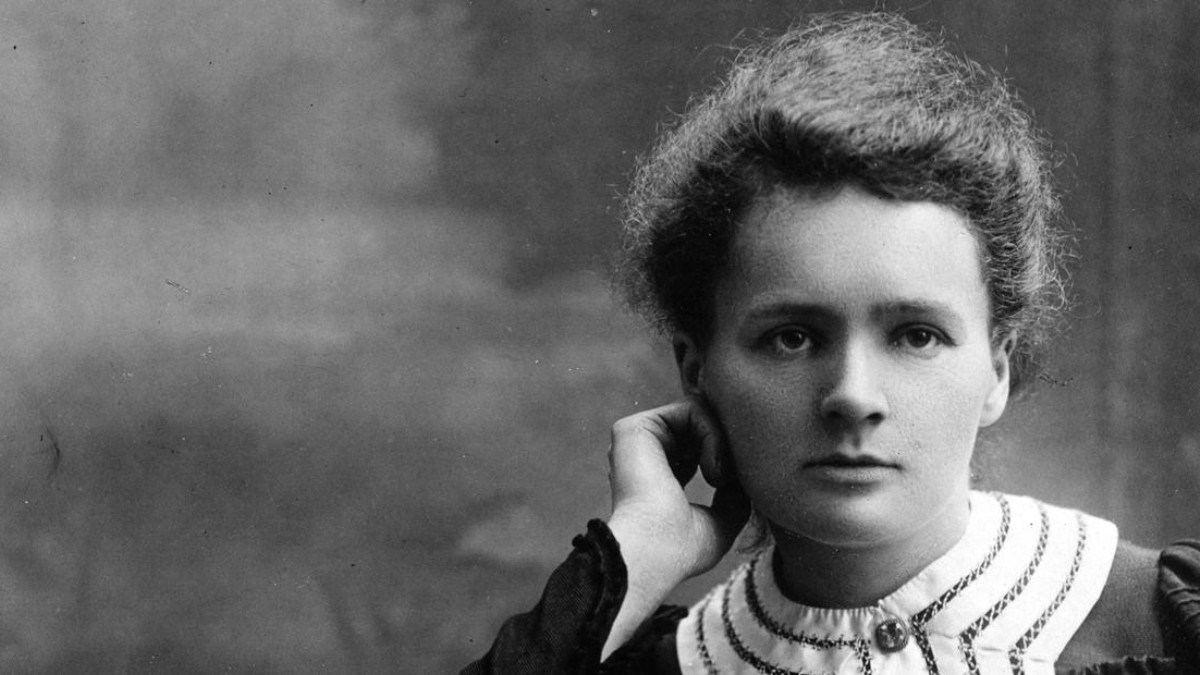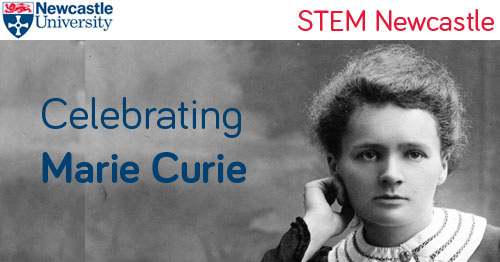To honour Black History Month, we’ve taken a look at some notable black scientists and what they have achieved in their scientific fields.
1. Benjamin Banneker (1731-1806)
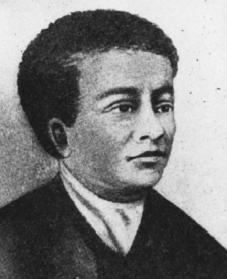
The son of a former slave, Benjamin was born in Maryland, USA. In 1753, he produced the first working clock in America, it struck every hour on the hour. Benjamin was also a keen astronomer and worked on calculating lunar and solar eclipses.
2. Ernest Everett Just (1883-1941)

Raised by his mother in South Carolina, USA, Ernest grew up to become an influential biologist. He argued that cells should be studied as a whole under normal conditions, rather than breaking them up and subjecting them to unnatural lab conditions.
3. Percy Lavon Julian (1899-1975)

Percy was born in Alabama and went on to study at Harvard University and the University of Vienna in Austria. Percy was an American chemist who focused on researching the chemical synthesis of medicinal drugs from plants. His work paved the way for the mass production of contraceptive pills and he also worked on large scale synthesis of human hormones, such as testosterone.
4. Charles Richard Drew (1904-1950)
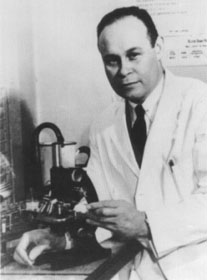
Charles was the first African American to earn a Doctor of Medical Science degree. During World War II, Charles worked on a revolutionary project called Blood for Britain, he created trucks that stored refrigerated blood that could be transported to soldiers in need. He also set up blood donation centers and ensured all blood was tested and handled correctly. Charles’ work led to the American Red Cross Blood Bank and undoubtedly saved thousands of lives.
5. Maggie Aderin-Pocock (1968)
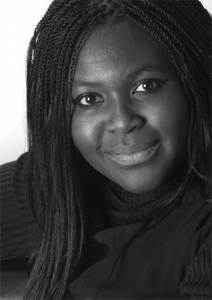
Born to Nigerian parents, Maggie grew up in London with dyslexia and the ambition of becoming an astronaut. Despite discouraging teachers, she went on to earn a BSc in Physics and a doctorate in Mechanical Engineering from Imperial College London. Maggie worked on a project to probe the centre of stars billions of miles away. Maggie is passionate about inspiring young children to pursue careers in science and has presented various BBC science documentaries.
6. Mae Jemison (1956)
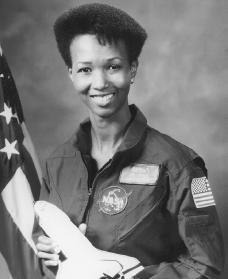
Mae was the first African American woman to travel in space. She is a keen advocate of science education with a particularly interest in getting more minority students to go into science. Through her own company, the Jemison Group, Mae runs a science camp for children aged 12-16.
